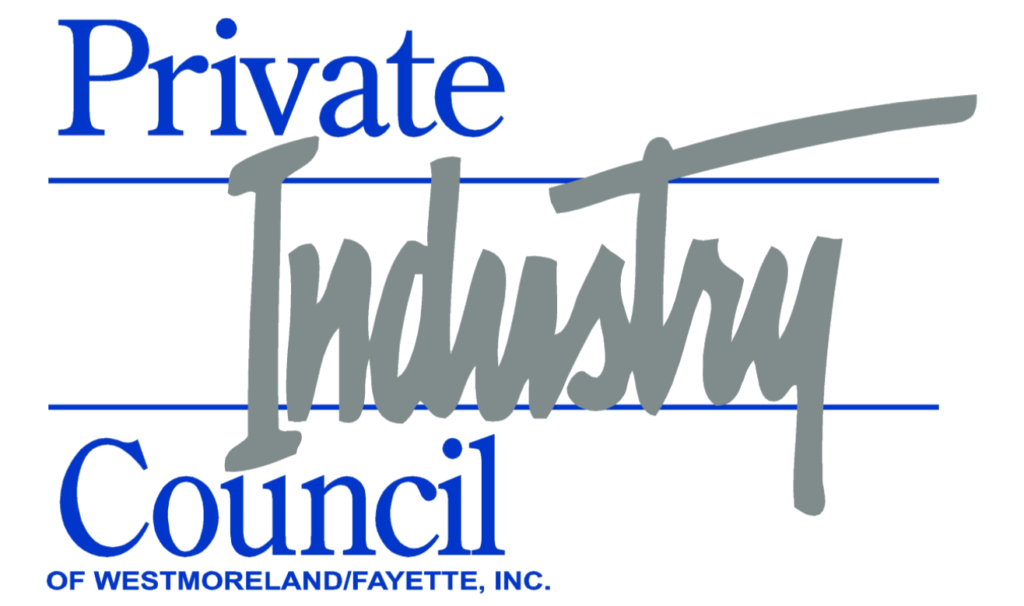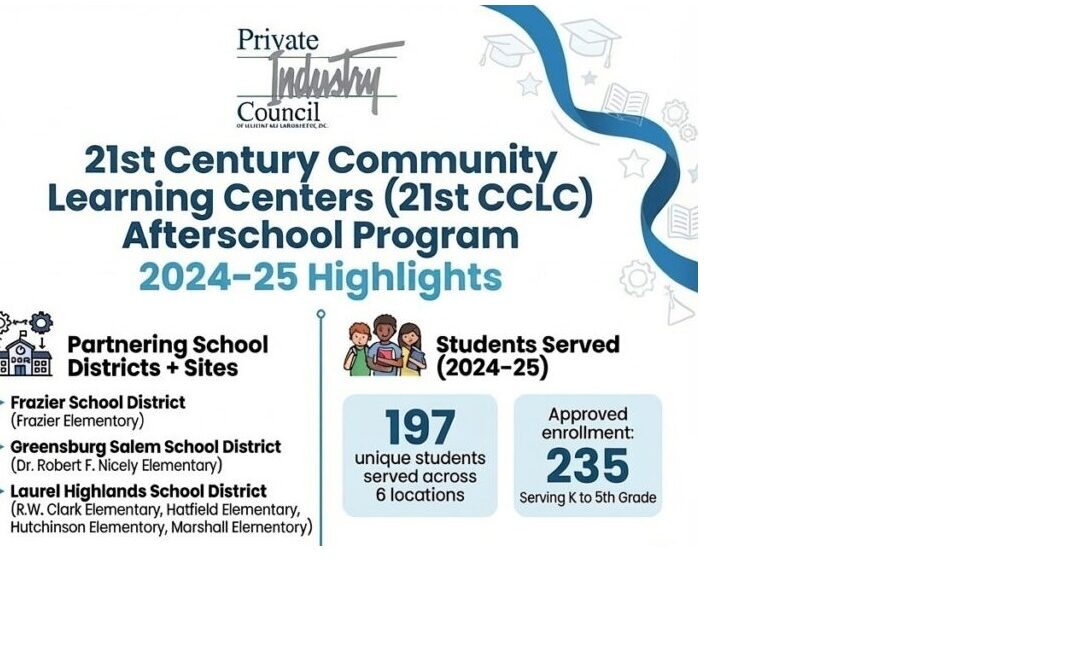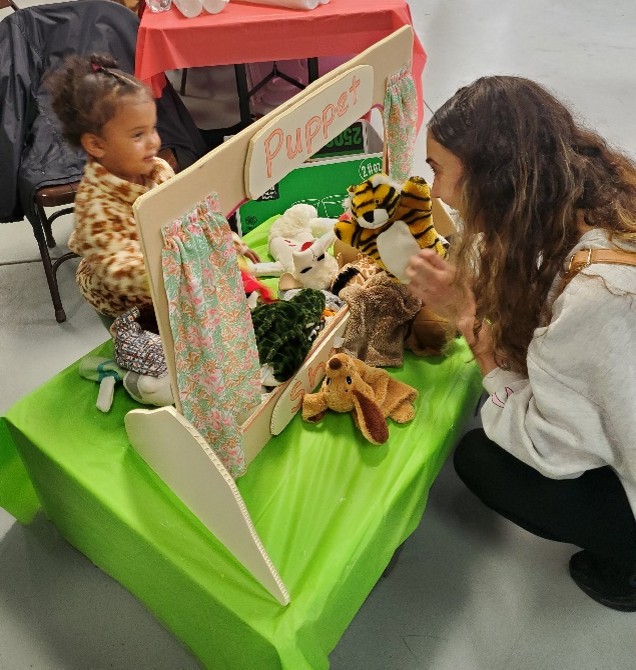“Staying Safe on the Web”
By Brian Gerard
It’s fair to say that modern society could not function without the internet. We use it to communicate, shop, pay bills, track data, and so much more. As the presence of the web in our lives has expanded, so to have the dangers that accompany it. The internet is a scary place, but it doesn’t have to be. Being aware of the type of threats that are out there and knowing how to protect yourself are important.
Firstly, let’s examine the threats the lurk in the darkness of the world wide web. There are four general categories of threats on the web:
SCAMS are attempts to get you to give up your personal information by tricking you. They can take many different forms, such as phone calls from a government agency asking for information or fake websites that attempt to look similar to high traffic commercial and government websites.
HACKERS are individuals who attempt to “break through” security, or otherwise get around protections to get access to your information or take control of your device.
VIRUSES are malicious programs that can infect your computer and damage software (operating system, files, apps etc.) or even hardware (physical parts of your device).
MALWARE are programs that can give access to information on your device. They can track your activity, log keystrokes, or send other types of reports to whoever controls the program.
Scams are the most likely threats you’ll encounter. Many of us have received calls or emails from scammers. These individuals contact you and pretend to be someone/some organization that needs your personal information. They’ll ask for things like card numbers or social security numbers. If an individual asks you for this sort of information, doesn’t seem knowledgeable about something they should be, or seems suspicious in any way DO NOT give them what they ask for. Any organization that you work with or patronize will already have that kind of information and will typically verify who you are before discussing sensitive matters. Remember that you can always hang up or delete the email and contact the organization directly yourself. If you think you have been compromised by a scam you can take steps to mitigate the damage, such as freezing bank accounts and monitoring your credit score to prevent identity theft.





 724-836-2600
724-836-2600





